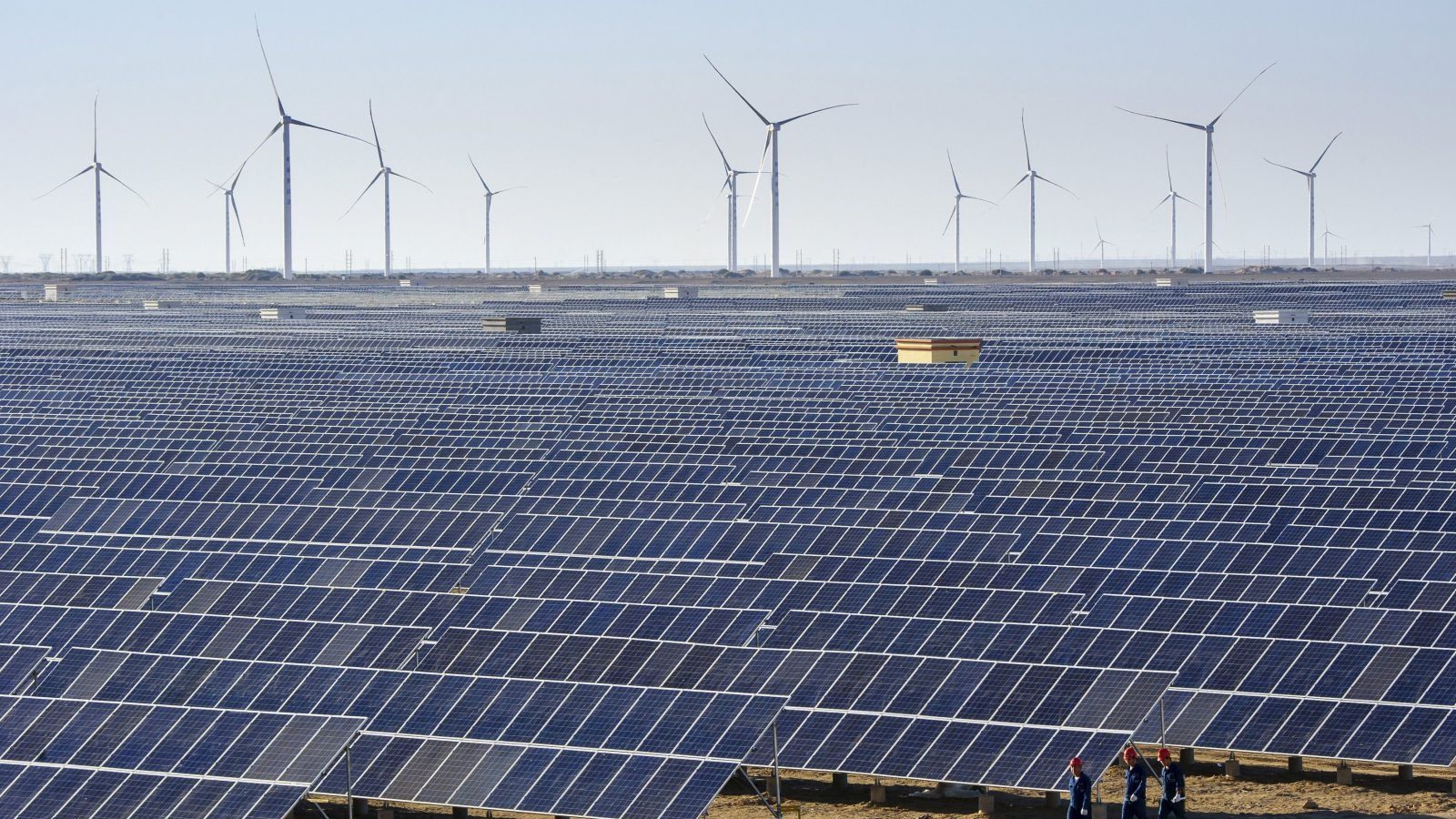$34.5 billion anticipated by Nigeria to give electricity access by 2030 Divulged the Renewable Energy and Energy Efficiency Association Alliance (REEEA-A)
By Abdul Rahman Bangura-

Photo Credit: qz.com
NEW AFRICA BUSINESS NEWS (NABN) Freetown, Sierra Leone– REEEEA- A desires to subsidize $4.93 billion annually in the next seven years to fulfill the target of transmitting 20,000 megawatts (MW) to over 200 million population.
The Nigeria Electricity System Operator’s data, the nation’s current electricity supply is around 4,500MW even with the capacity to generate 13,000MW, implying the effort to satisfy the needs of its denizens. It’s believed that, the report retained that the situation was fueled by problems, encompassing an absence of gas, machine breakdowns, seasonal water shortages, and limited grid capacity.
This has arisen in periodic blackouts, while many households and businesses take to self-generation off-grid electricity using diesel and gasoline generator sets.
“Around $34.5 billion in total investment will be required to provide electricity access to all households by 2030. Nigeria’s electricity supply system can be grouped into two: Centralized (grid-connected) and decentralized (off-grid) systems.
“The centralized system consists of the large-scale generation of electricity at centralized facilities such as large hydro and thermal plants.
The decentralized electricity supply the system consists of a few kilowatts to megawatt capacities such as captive diesel and gasoline generator sets as well as renewable energy technologies (such as solar home systems, streetlights, and mini-grids).
“The total installed capacity of grid-based systems is around 13 gigawatts (GW). However, today’s available on-grid peak generation varies and hovers around 4.5 GW,” the report noted.
According to the REEEA-A, Nigeria’s on-grid generation is overseen by natural gas power stations (86%) and large hydropower plants (14%). Nonetheless, the unavailability of gas, machine breakdowns, seasonal water shortages, and limited grid capacity have harshly limited the operational operation of these power plants.
For New Africa Business News (NABN) Abdul Rahman Bangura Reports, Africa Correspondent
